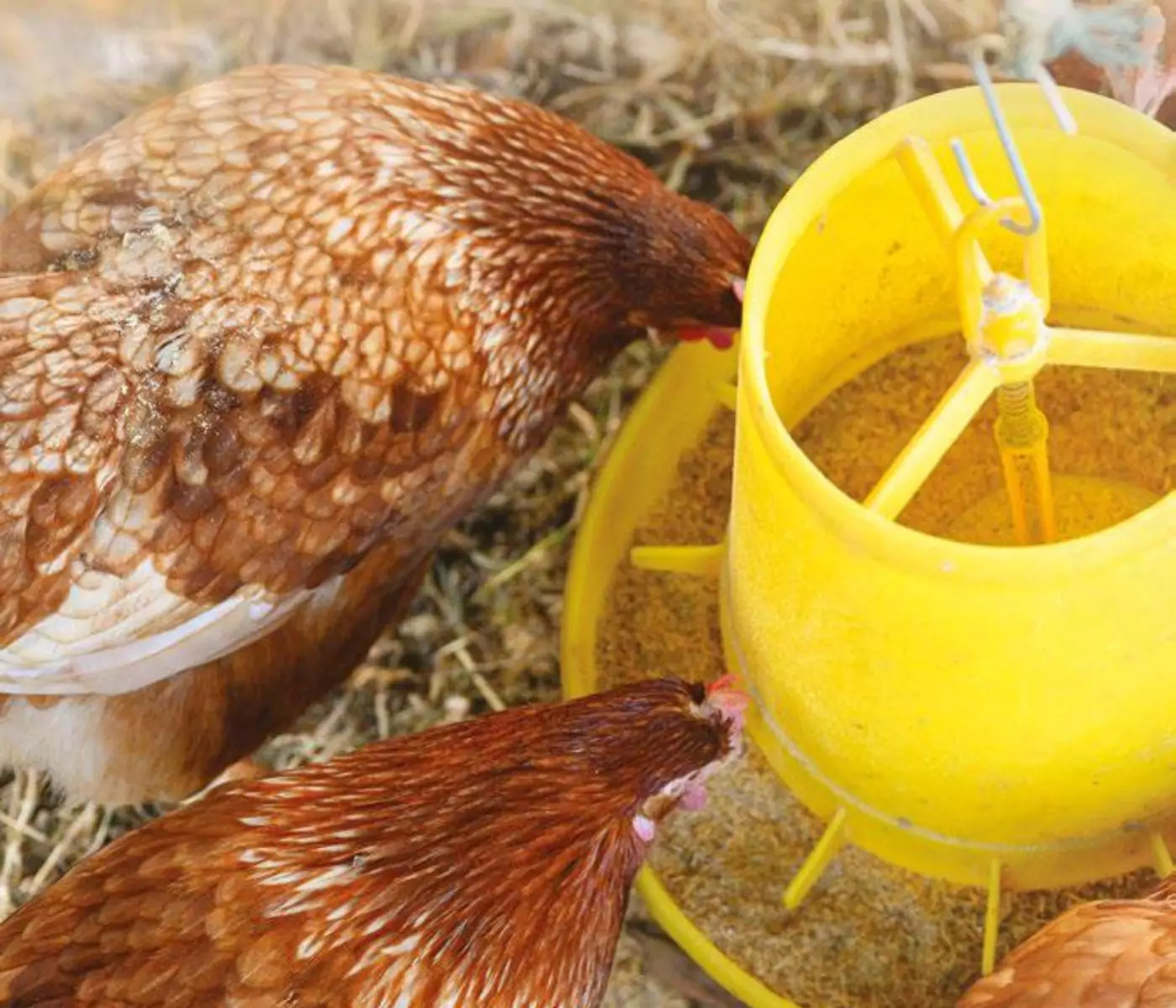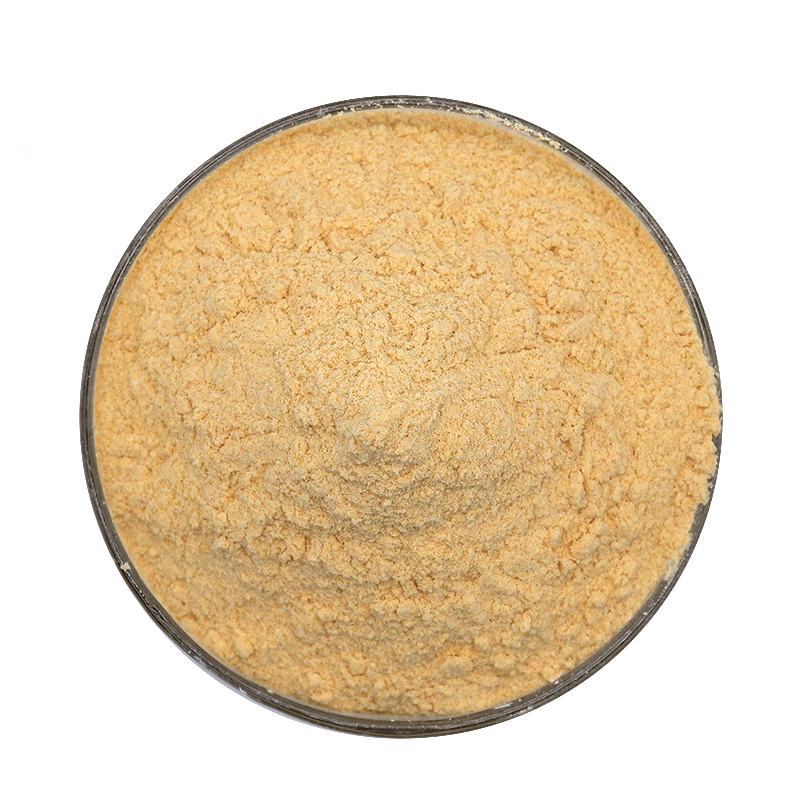Tannins, a series of polyphenolic compounds found in most plants, have been of great interest in poultry nutrition. Previously well known for their anti-nutritive activity at elevated levels, the beneficial impact of tannins when used in small amounts has been demonstrated in recent research to be responsible for gut health in poultry. Let us go through four significant benefits of tannins in the gut health of poultry supported by scientific research.

Antimicrobial Activity Prevents Pathogens
Tannins have good antimicrobial action against some enteric pathogenic microbes. Hydrolyzable and condensed (proanthocyanidins) tannins bind to bacterial cell walls, block microbial enzymes, and interfere with the metabolism and thereby inhibit pathological microbes such as Clostridium perfringens, E. coli, and Salmonella spp.
For example, Redondo et al. (2014) showed that the tannins from chestnut and quebracho were successful in relieving the severity of necrotic enteritis in broiler chickens caused by C. perfringens. According to their research, tannins are a good option to replace antibiotics for intestinal infection prevention.

Promotes Balanced Gut Microbiota
Tannins boost a more beneficial gut microbiome by suppressing pathogenic bacteria and inducing the growth of desirable species. Such microbial modulation improves digestion and immune efficiency. A study demonstrated that plant tannin-rich diet supplementation changed the gut microbial community of broilers, to the disadvantage of high Lactobacillus and Bifidobacterium levels and decreased Enterobacteriaceae numbers.
These changes of gut microflora enhance fermentation of fiber and production of short-chain fatty acids such as butyrate that are intestinal epithelial cell energy sources and maintain intestinal health.

Reduces Inflammation and Increases Gut Barrier
One of the fundamental problems of poultry gut health is inflammation of the intestine that could be induced by oxidative stress, toxin, or infection. Tannins inhibit this inflammation by suppressing pro-inflammatory cytokines and free radical scavenging, else causing damage to gut tissue.
A research by Liu et al. (2011) reported that chestnut tannins helped to preserve intestinal morphology, enhanced villus height, and improved mucosal integrity in the small intestines of broiler chickens. These changes are pertinent to increased nutrient absorption and a better intestinal barrier.
A tighter gut lining also prevents "leaky gut" syndrome, where pathogens and toxins filter through the intestinal lining and into the bloodstream, causing inflammation in the system.

Increases Feed Efficiency and Growth Rate
Low to moderate levels of tannins have been found to improve feed utilization and growth. Improved gut health, increased pathogen kill, and alleviation of inflammation enable the birds to digest the nutrients more effectively, leading to improved feed conversion ratios (FCR) and weight gain.
In another study conducted by Brenes et al. (2010), broilers supplemented with quebracho tannin extract had improved weight gain and feed utilization, but without sacrificing organ or carcass quality.
These findings demonstrate that tannins can be incorporated into antibiotic-free production systems as an organic and sustainable performance enhancer.

Conclusion
Tannins are no longer only regarded as anti-nutritional factors-today they are appreciated as functional feed additives that have certain benefits to poultry gut health. When used at the appropriate dose and derived from high-quality trees such as chestnut or quebracho, tannins are able to:
- Reduce intestinal pathogens
- Increase beneficial gut bacteria
- Protect intestinal lining and prevent inflammation
- Improve performance and reduce feed consumption
With further transition away from antibiotic use in chicken production, natural products such as tannins present a robust solution to gut integrity, peak performance, and overall bird welfare.
Feed mills and integrators wishing to promote gut health without antibiotics may look at adding tannin-containing plant extracts into their feeding programs-on condition that their inclusion rates and source quality have been established by science.
References
Redondo, L.M., et al. (2014). "Tannins and their effect on necrotic enteritis in broiler chickens." Avian Pathology, 43(6), 509-515.
Liu, H. W., et al. (2020). "Effects of dietary supplementation with plant extracts on the growth performance and cecal microbiota of broiler chickens." Poultry Science, 99(2), 1066-1073.
Liu, Y., et al. (2011). "Effects of chestnut tannins on performance and antioxidant status of broilers." Poultry Science, 90(10), 2342-2348.
Brenes, A., et al. (2010). "Effect of dietary tannin extract supplementation on growth performance and gut health in broiler chickens." Animal Feed Science and Technology, 158(3-4), 184–191.










